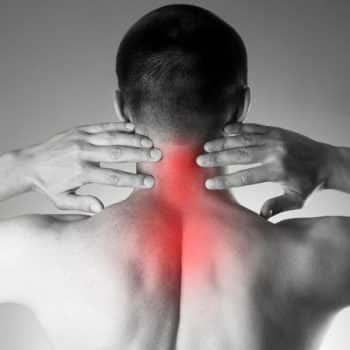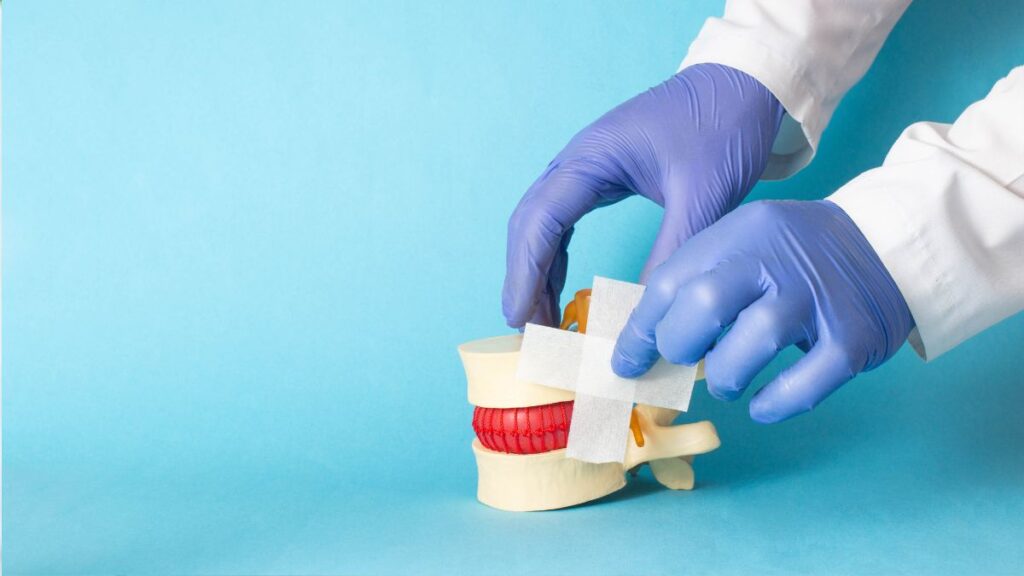Treating Spasticity-Related Pain in Chicago
Home » Whiplash Neck Pain
Feeling pain is a universal experience. Whether chronic or occasional, we all know what it feels like. However, spasticity-related pain isn’t something everyone deals with. If you suffer from this, whether due to whiplash injury or an unknown cause, it is imperative that you seek treatment.
At Gateway Spine & Pain Physicians we offer expert care and personalized treatment for patients who are suffering from whiplash and neck pain. Our team of experienced pain management specialists in Chicago are dedicated to helping you find relief from your discomfort and improving your quality of life.

Whiplash: A Leading Cause of Spasticity-Related Pain
Also called a neck sprain or neck strain, whiplash is an injury to the soft tissues of the neck caused by sudden extension and flexion. The joints, discs, ligaments, muscles, and nerve roots can all be impacted with this type of injury. Most of us associate this injury with car accidents but anything that causes a sudden and severe movement of the neck can lead to whiplash.
Whiplash Neck Injury Causes
The top cause of whiplash pain is car accidents. However, anything that forces the neck into a strong and sudden movement can cause whiplash. This includes rollercoasters, other fairground rides, impact sports, and physical assaults. If you have suffered a movement like this, get a professional evaluation, even if you have yet to show signs of whiplash.

Whiplash Symptoms
Whiplash Treatment
The specifics of whiplash treatment will vary between individuals and should be tailored to how your symptoms present. Usually, pain medications and anti-inflammatories are used. Antidepressants, muscle relaxants, and physical therapy are also common elements of whiplash treatment.
General Guidelines
- Use an over-the-counter anti-inflammatory directly after injury.
- Avoid any strenuous activities for three weeks after the inciting incident.
- Don’t do any heavy lifting or play sports.
- Avoid sitting for extended periods of time.

Life After Whiplash Neck Injury
In general, prognosis for someone with whiplash is good. Most people will recover within weeks, though some may take several months. In rare cases, the individual may end up with chronic pain. However, early intervention can help avoid this.
If you are suffering from whiplash or neck pain, don’t let your pain control your life. Contact Gateway Spine & Pain Physicians today to learn more about our Whiplash Treatment Chicago, IL and how we can help you find relief from your discomfort.




